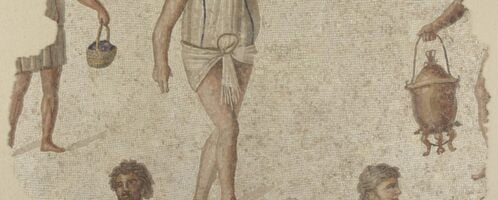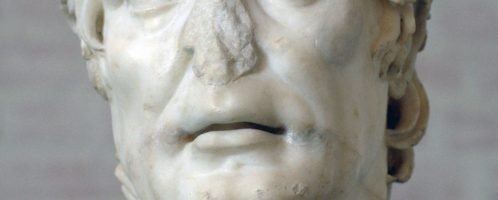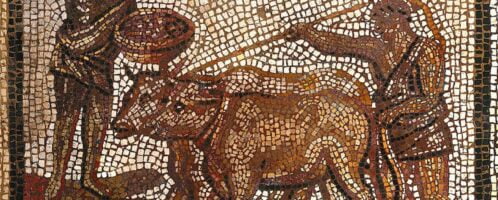Beautiful ship for Verres
In Roman times, it was very expensive and a lot of effort to put up a naval fleet. If the governor of the province received an order from the senate or decided that it was necessary to build, equip ships and train new crews, the entire financial burden naturally went to the cities of the province and their population.










